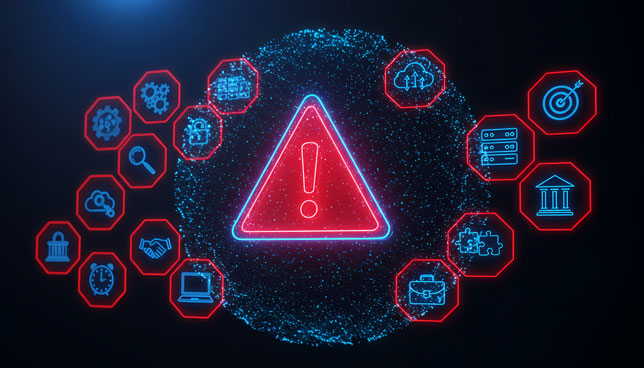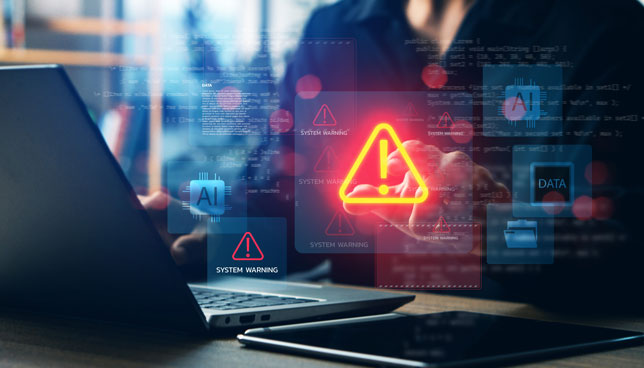
Ransomware attacks continued to climb in 2025 as attackers increasingly timed operations around year-end staffing gaps and shifted away from traditional file encryption, according to a new report from NordStellar.

Ransomware attacks across the globe increased by 32% in 2025 — but in the education sector, attacks appeared to plateau, according to the latest research from Comparitech.

The Northwest Evaluation Association (NWEA), a K–12 assessment and research organization, recently announced the release of a new playbook for schools and communities recovering from extreme weather events.

Many education institutions have a troubling gap in AI security: AI systems affecting students, including minors, deployed without adversarial testing to identify vulnerabilities before attackers or unintended behaviors cause harm.

The Consortium for School Networking (CoSN) has released an advance look at its 2026 "top topics" driving innovation in K-12 education.

According to Google Cloud's 2026 Cybersecurity Forecast, AI will become standard for both cyber attackers and defenders, with threats expanding to virtualization systems, blockchain networks, and nation-state operations.

A recent report from Backblaze found nearly all large organizations face hidden cloud storage charges that limit flexibility and drive data lock-in.

Enterprise cloud teams face barriers to scaling and resilience as AI-driven workloads surge, according to a new report from ControlMonkey.

A recent global study by IDC and SAS found that while the adoption of artificial intelligence continues to expand rapidly across industries, a misalignment between perceived trust in AI systems and their actual trustworthiness is limiting business returns.

Cloud infrastructure is central to the shift from AI experimentation to AI integration, according to a report from Cloudera on enterprise AI adoption.